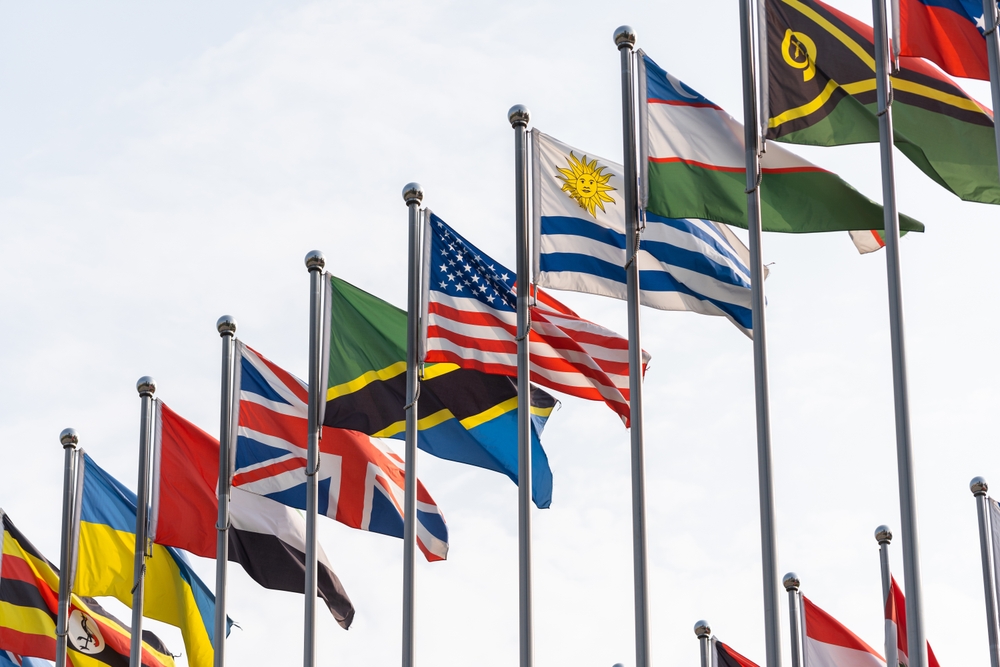The World Health Assembly has made significant strides in addressing pressing global health issues, adopting landmark resolutions on rare diseases, health financing, and science-driven health policy. These moves underscore the commitment of Member States to ensuring equitable access to healthcare and promoting inclusive policies.
The rare diseases resolution, a first of its kind, recognizes the significant burden of these conditions, which affect over 300 million people worldwide. The resolution urges countries to integrate rare diseases into national health planning, improve diagnosis and care, and promote access to affordable treatment. The World Health Organization (WHO) has been mandated to develop a comprehensive 10-year global action plan on rare diseases.
In another significant development, the Assembly approved a resolution on strengthening health financing globally, acknowledging the pressing need to address a potential 40% reduction in external aid in 2025. The resolution outlines actions for Member States to bolster health financing and improve public financial management systems.
Member States also adopted a resolution to enhance national capacities for developing and adapting public health guidance grounded in high-quality scientific evidence.
Countries pledged to bolster national capacities for generating localized data, adapting WHO guidelines, and scaling innovations tailored to regional needs. The agreement calls for investments in digital tools, regulatory frameworks, and collaborative research to ensure health guidance translates into equitable outcomes. WHO will develop a global action plan to strengthen cross-border cooperation and build scientific expertise worldwide.
This move aims to bridge the gap in countries’ ability to generate and use context-specific data and guidance, ultimately improving equitable health outcomes
Furthermore, the Assembly renewed its commitment to eradicating Guinea worm disease, with only 15 human cases reported in 2024. The new resolution signals renewed momentum for eradication efforts, particularly in the five endemic countries where transmission remains a challenge.
These landmark resolutions demonstrate a renewed global commitment to prioritizing health equity, inclusion, and access to care. As the world moves forward, the WHO will play a crucial role in supporting Member States in implementing these resolutions and driving progress towards a healthier, more equitable world.
Source: WHO



